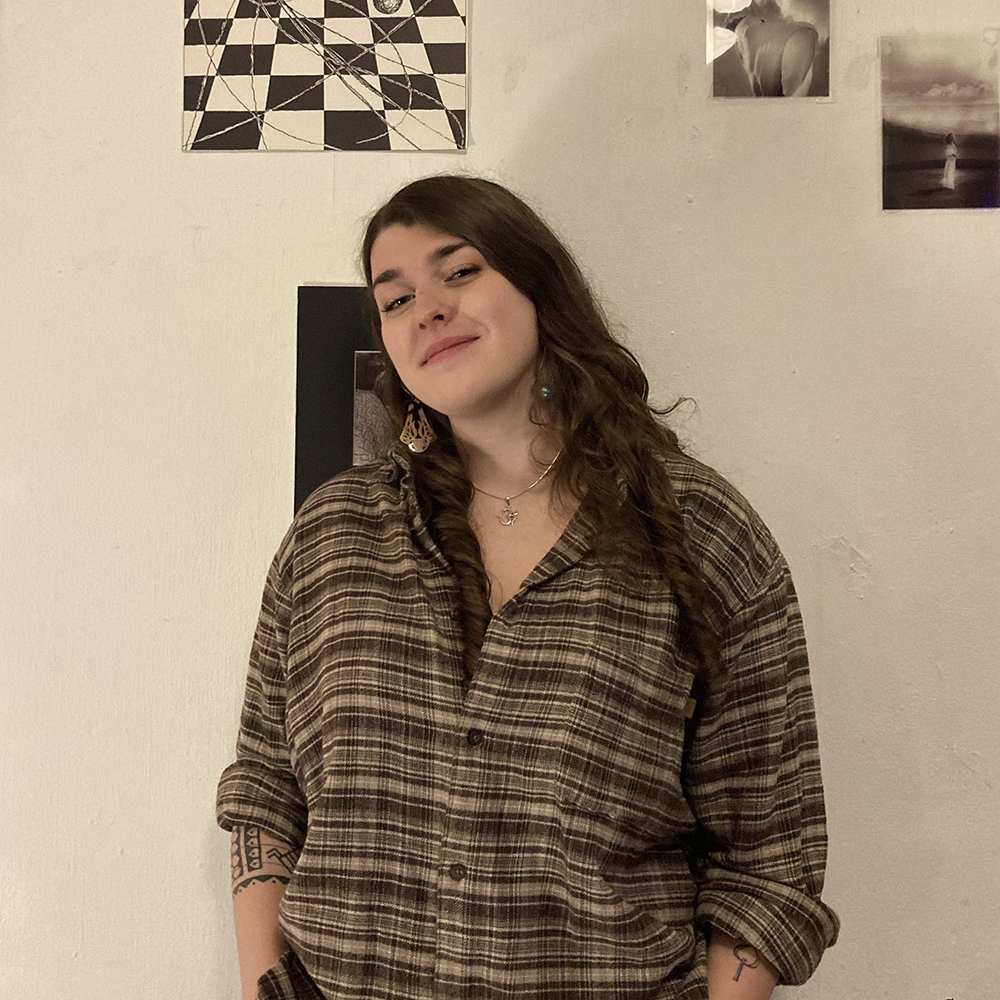“If you are experiencing this, I would say reach out to somebody” Suzanne Harrington
“They feel really upset talking about the parent that’s drinking because they love their parents and they feel it’s a sense of betrayal, talking to me about something that their mum or dad is doing. So it’s really about, in the beginning, just building up that relationship with the young person so they start to know that there’s no judgement.” Sue Kleinman, Back on Track
In the third in our series of live discussions about parenting and alcohol, Daisy talked to Sue Kleinman, Family Worker from Back on Track, and mother and daughter Suzanne Harrington and Lola about their experiences. Suzanne is a recovering alcoholic and, like many others, lapsed during the pandemic. She described her drinking years as like being on “an endless hamster wheel” and that those feeling the same should reach out for help.
Lola talked about her open discussions with her mum about her past drinking, “It’s not some secret thing, which I think is so important”.
Read the transcript: When does a parent’s drinking affect children?
⭐️ You can see all the discussions from our series and find where to get help and support here: Raising Teens Live: Families and Alcohol
Help and support
Back on Track, brighton-hove.gov.uk/back-track-brighton-hove, support for families in Brighton & Hove when a parent is drinking too much.
Oasis Project is on Twitter @Oasis_Project_, on Facebook facebook.com/OasisPrjctand Instagram @oasis_project_. Their website is at: oasisproject.org.uk
Also Young Oasis provides a place of safety and support for children and young people who have been affected by a family member’s drug or alcohol misuse.
Oasis Project also links with One Stop, Brighton’s specialist midwifery team for pregnant women/people where alcohol or other substances are a concern. They offer care and support by a multi-disciplinary team.
RU-OK? offers free confidential advice, guidance, support and information on drugs, alcohol and sexual health for under 18s in Brighton & Hove, their parents / carers or concerned others.
NACOA, National Association for Children of Alcoholics, offers advice and information, including a helpline 0800 358 3456, message boards and online chat.
Al-Anon and Al-Ateen offer help for adults and teens affected by someone else’s drinking.
Young Carers offer one to one support in Brighton & Hove including group and respite activities and advocacy and support with services. The referral form can be found here: carershub.co.uk as well as further information about the project. If anyone would like to discuss a young carer or a young person themselves would like to talk to somebody, their number is 01273 746222 and there is someone in the office almost every day from 9-5. They have no waiting list for support.
The Children’s Society suport for Young Carers – they “help them find balance, give them space to enjoy being young and support them into adulthood so they can pursue their dreams outside of caring.”

